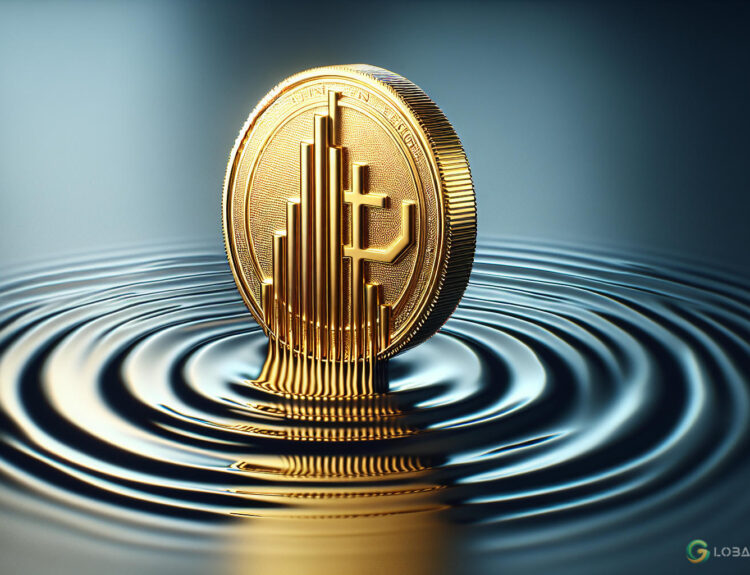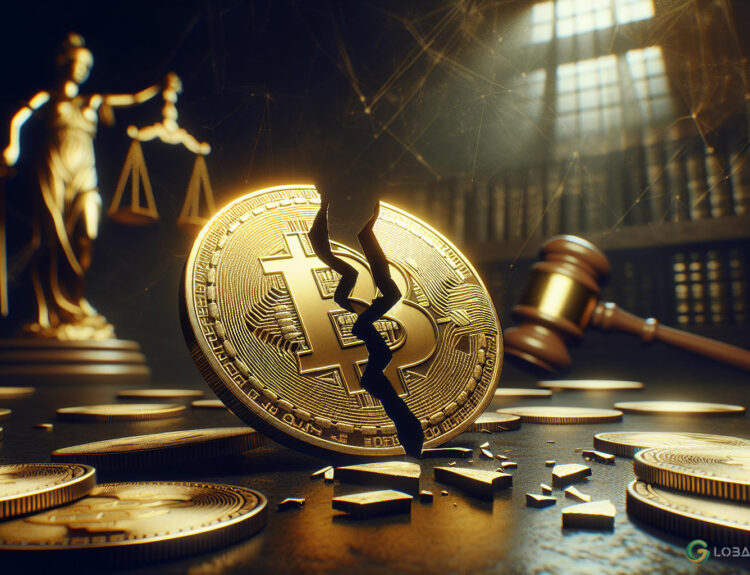Robert Quartly-Janeiro, Chief Strategy Officer at Bitrue, delves into the complexities of the global economic landscape and its relation to digital assets. In a world where power dynamics are shifting, and trust in traditional financial systems is waning, digital assets are gaining traction as a viable alternative for individuals seeking to hedge against economic uncertainty.
With the recent approval of Bitcoin ETFs by the Securities and Exchange Commission in the USA, digital currencies have officially entered the realm of recognized asset classes. This milestone not only opens the door for institutional investors to participate in digital asset markets but also signifies a broader shift towards a decentralized financial ecosystem.
The increasing accessibility of digital assets, coupled with growing distrust in traditional financial institutions, has fueled a surge in demand for alternative investment opportunities. As countries grapple with economic challenges, digital assets offer a way for individuals to safeguard their wealth and participate in the evolving digital economy.
While the recent bull market in digital assets shows no signs of slowing down, the intricate relationship between digital assets and real-world economics remains a subject of ongoing debate. As the world transitions towards a multi-polar system, digital asset markets are poised to play a significant role in shaping the future of global finance.
As we navigate through uncertain times, it is crucial to stay informed and keep a close eye on the evolving dynamics of the digital asset market. For more insights and updates on the latest developments in the world of cryptocurrencies, explore Global Crypto News.






















